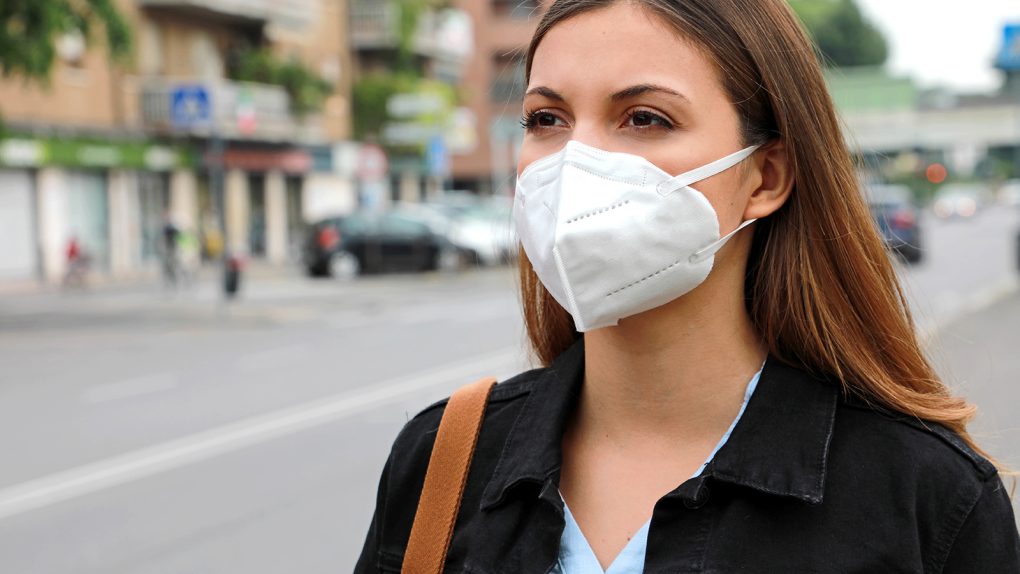- Coronavirus travel restrictions may still be in place for certain destinations, but the CDC no longer recommends a 14-day self-quarantine period after domestic or international travel, even when traveling to and from regions with high COVID-19 transmission rates.
- The CDC’s updated guidelines provide information on how to protect yourself during travel, what measures to take to reduce the risk of transmission, and what to do if you suspect that you came in contact with a COVID-19 carrier.
- US states may still mandate quarantines regardless of the CDC’s new recommendations.
Traveling during the novel coronavirus pandemic can be incredibly stressful and potentially hazardous for one’s health. If you absolutely must go on a trip right now, you should avoid crowds of people as much as possible, clean your hands often, and wear a face mask at all times. Even then, the risk of contracting COVID-19 doesn’t disappear entirely because the virus is very contagious. Recent research has shown that airplanes might be safer than we would have thought when it comes to COVID-19 spread, but the risk is still there. Those studies do not cover what happens inside the airport during the various steps that precede an actual flight. Not to mention that there are plenty of other transportation methods that can be even riskier.
That said, the CDC has updated its quarantine recommendation guidelines for international and out-of-state travel — and the changes are fairly shocking, to be frank.
The CDC no longer recommends a self-quarantine period of 14 days after international travel or domestic travel, even to and from regions that are experiencing a high number of COVID-19 cases.
“This updated guidance is based on the risk of exposure during travel, asking travelers to think about what they did, where they were, and who they came into contact with to evaluate their risk of exposure to COVID-19.” CDC spokesman Scott Pauley told The Washington Post.
The CDC does note in its updated guidelines that people risk getting COVID-19 during their travels. “You may feel well and not have any symptoms, but you can still spread COVID-19 to others,” the agency says. “You and your travel companions (including children) may spread COVID-19 to other people, including your family, friends, and community for 14 days after you were exposed to the virus.”
The agency also advises travelers to stay home if they’re sick or if they’ve been around a confirmed COVID-19 patient in the past 14 days, and says people shouldn’t travel with someone who is ill.
A page in the travel section of the CDC’s COVID-19 guidelines shows the coronavirus risk for any destination. At the time of this writing, most of the world is painted in an orange color, which indicated that “COVID-19 Risk is High.”
The CDC still advises people returning from high-risk areas to protect themselves and others by social distancing, wearing masks, and washing their hands often. The same guidelines apply for everything else related to day-to-day life, regardless of whether or not a person has been traveling. Self-quarantining after travel is still a good idea if you can do it, to further reduce the risk of COVID-19 spread. Some states may still mandate quarantines for people who travel, regardless of the new CDC recommendations.
One alternative to quarantining is testing if it’s widely available in your area, especially if you think you may have been in contact with infected people. The CDC’s recommendations for travel are available at this link, while the agency’s travel notices maps can be accessed over here.








